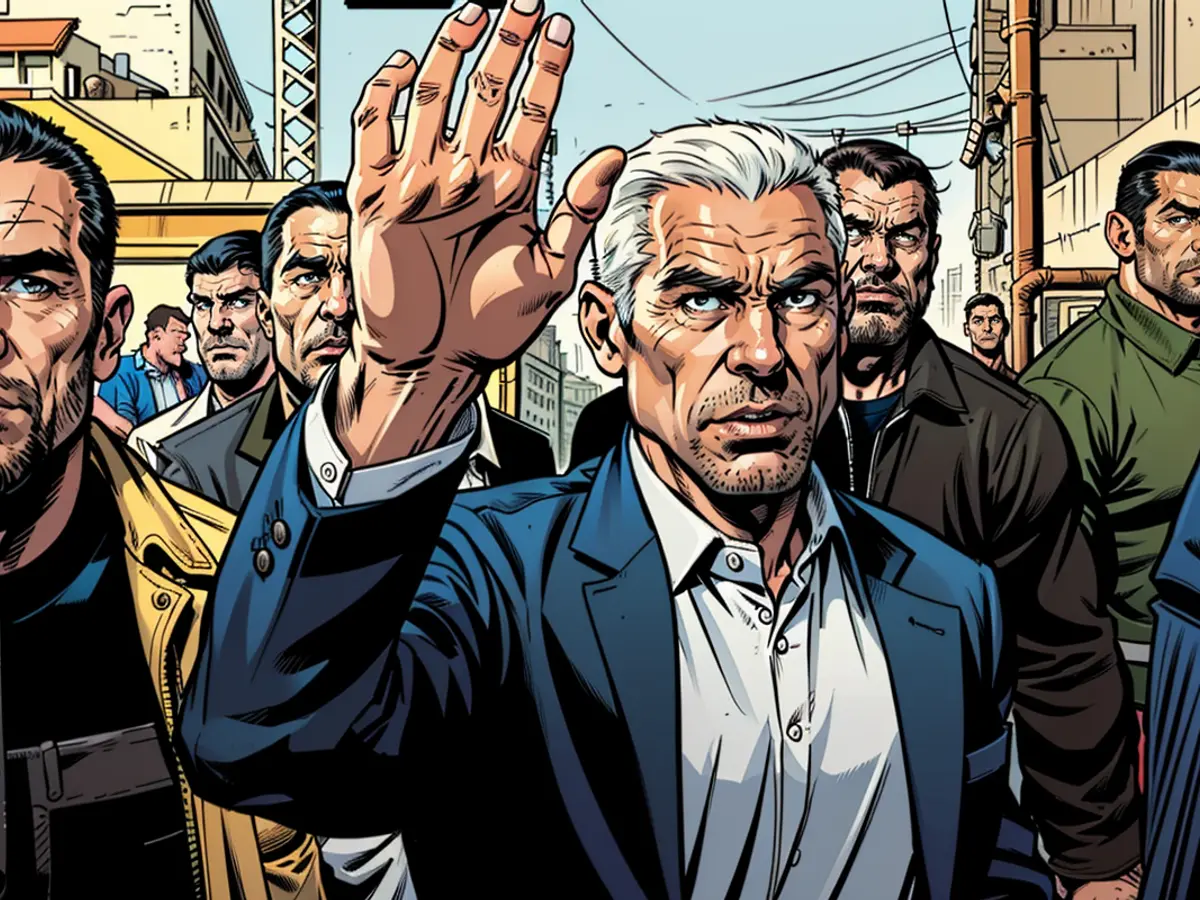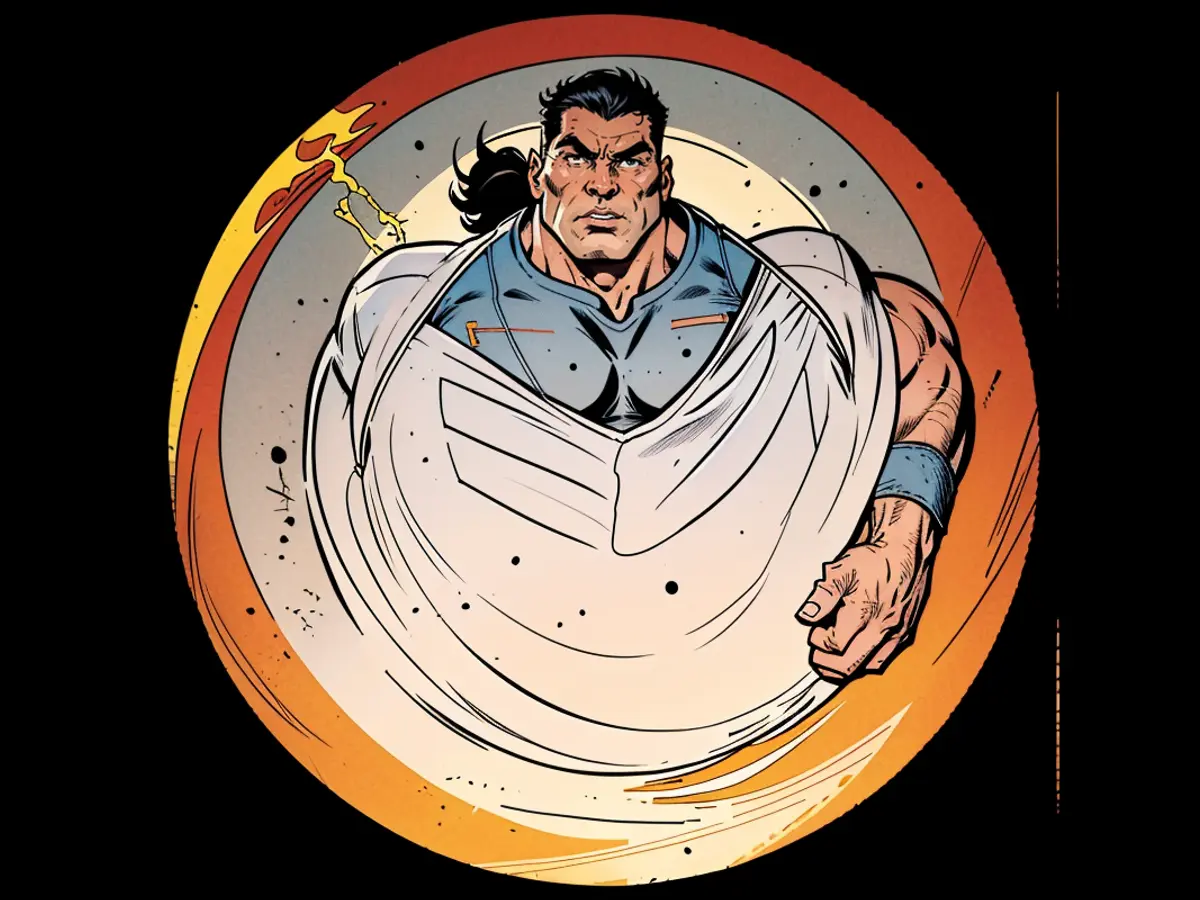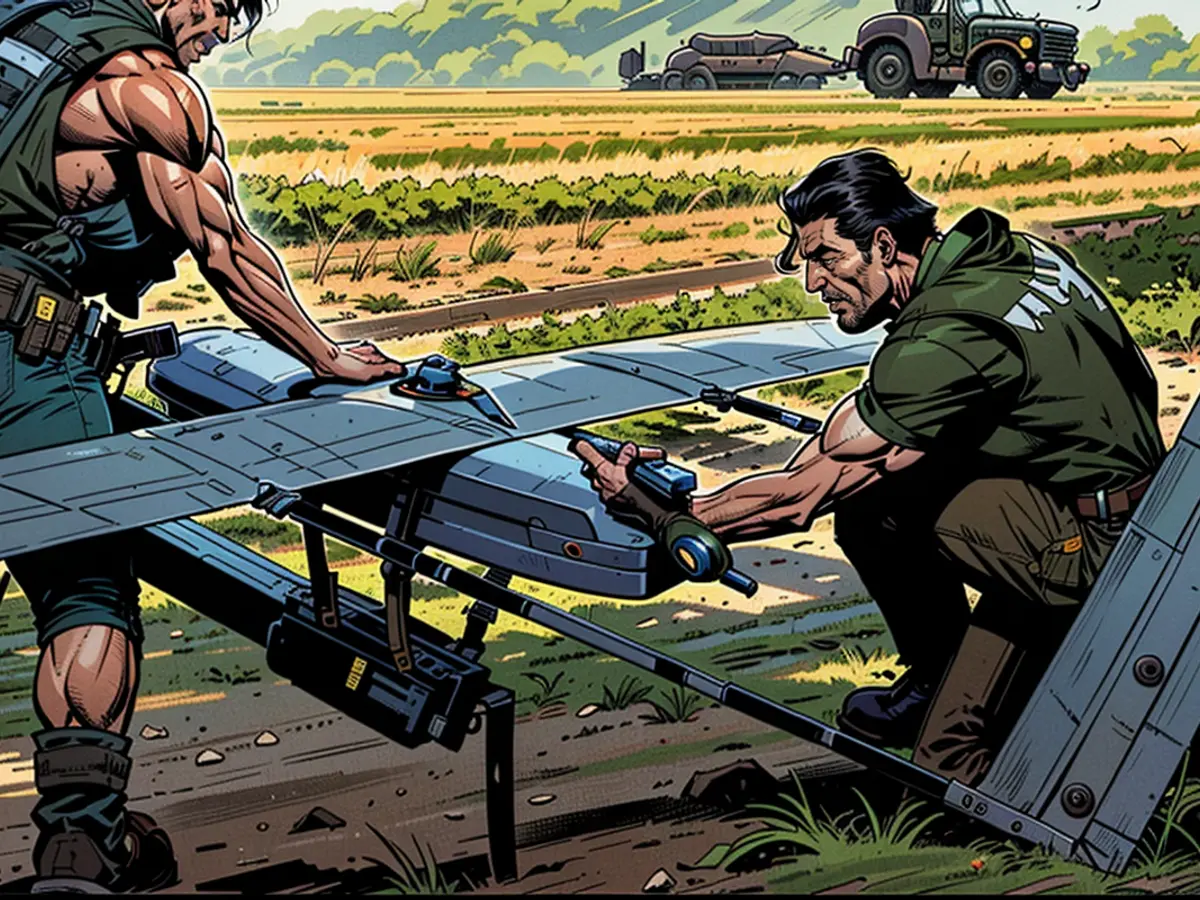After Haniyeh's death, Sinwar becomes the new Hamas leader
The assassination of Hanija, who believed in a ceasefire agreement and prisoner exchange, has now led Hamas to elect a leader who will guide the fight and resistance against the enemy, it was further stated. Minutes after the announcement, the armed wing of Hamas, the Izz ad-Din al-Qassam Brigades, fired a barrage of rockets from the Gaza Strip into Israel, according to their own statements.
The Lebanese Hezbollah militia, allied with Hamas, congratulated Sinwar on his appointment. It showed that "the enemy (...) has not achieved its goals," they said.
Israeli Foreign Minister Israel Katz declared on the online service X that the appointment of Sinwar was "another compelling reason to quickly eliminate him and wipe this despicable organization off the map." Experts believe that Sinwar may be more opposed to a ceasefire agreement in the Gaza Strip than his predecessor Hanija.
US Secretary of State Antony Blinken called on Sinwar on Tuesday to accept a ceasefire in the Gaza Strip. Sinwar is the key decision-maker regarding the conclusion of the ceasefire.
Sinwar is considered the mastermind behind the brutal Hamas attack on Israel on October 7, making him one of the most wanted figures of the Palestinian organization. According to Israeli reports, 1,198 people were killed and 251 others were taken hostage in the Gaza Strip during the attack.
In response to the attack, Israel has since launched massive military operations against targets in the Gaza Strip. According to figures from the Hamas-controlled Health Ministry, which cannot be independently verified, more than 39,650 people have been killed so far. It is not specified whether they are civilians or Hamas fighters.
Sinwar has not made any public appearances since October 7. He is believed to be in a tunnel system under the Gaza Strip. Israeli Defense Minister Joav Gallant had vowed in early November: "We will find Sinwar and eliminate him."
Sinwar, who comes from the refugee camp of Khan Yunis, joined Hamas at its founding in 1987 during the first Intifada - the Palestinian uprising against Israeli occupation. His career in the radical Palestinian organization remained largely hidden. At the age of 25, he already led the Hamas unit that punished Palestinians who collaborated with the Israelis.
He was sentenced to life imprisonment four times for the killing of two Israeli soldiers. In total, Sinwar spent 23 years in Israeli prisons. He was released in 2011 as part of a prisoner exchange. Sinwar has been on the US terror list for years.
In 2017, Hamas elected Sinwar as its leader in the Gaza Strip after his predecessor Hanija became the head of the organization and left the Gaza Strip.
Hanija was killed in Tehran last week. Hamas and Iran blamed Israel for the killing, with Iran's spiritual leader Ayatollah Ali Khamenei threatening "harsh punishment." Israel had not commented on Hanija's killing.
Hours before Hanija's killing, Israel killed Fuad Shukr, the highest-ranking commander of the Iran-backed Hezbollah militia in Lebanon. The head of pro-Iranian Hezbollah, Hassan Nasrallah, also threatened retaliation.
An Iranian and its allies' retaliatory strike on Israel has been expected for days. International diplomatic efforts to de-escalate the situation are in full swing. US Secretary of State Blinken said on Tuesday that his country is working "around the clock" to calm the situation. He called on Iran and Israel to avoid escalating the conflict.
Nearly five months ago, Iran directly targeted Israel from its territory for the first time, firing over 300 rockets and drones. Since the Islamic Revolution in 1979, Iran has denied Israel's right to exist and supports what it calls the "Axis of Resistance," which includes the radical Islamic Hamas in the Gaza Strip, as well as militias allied with it, such as Hezbollah in Lebanon, the Houthis in Yemen, and various groups in Iraq and Syria.
Hanija's belief in a ceasefire agreement and prisoner exchange was contrary to the sentiment now prevalent within Hanija's own organization, as evidenced by the new leader elected to guide the fight against the enemy. The assassination of Hanija has sparked a call for a ceasefire from US Secretary of State Antony Blinken, who recognizes Sinwar as the key decision-maker for the conclusion of such an agreement in the Gaza Strip.








